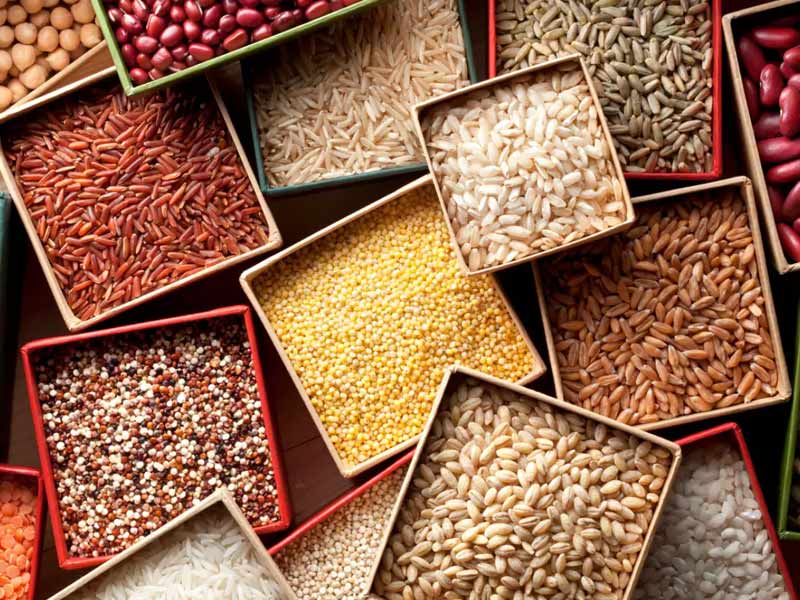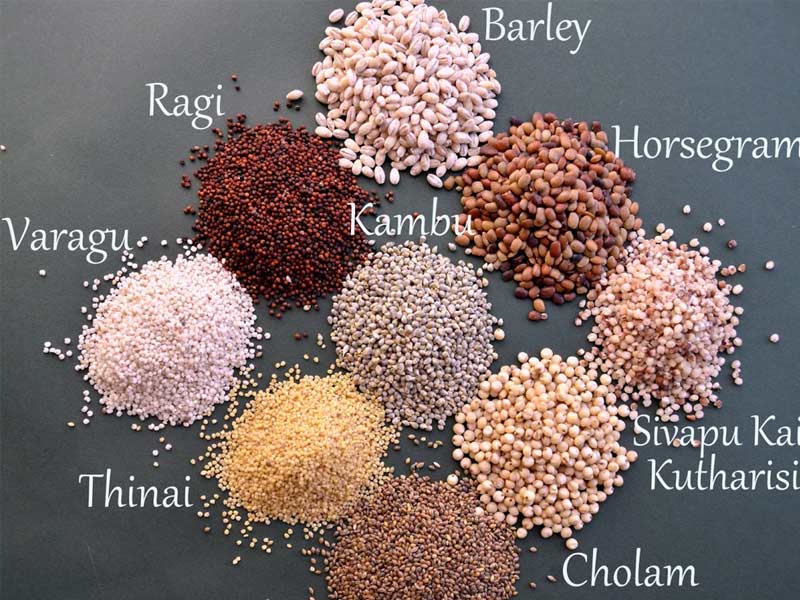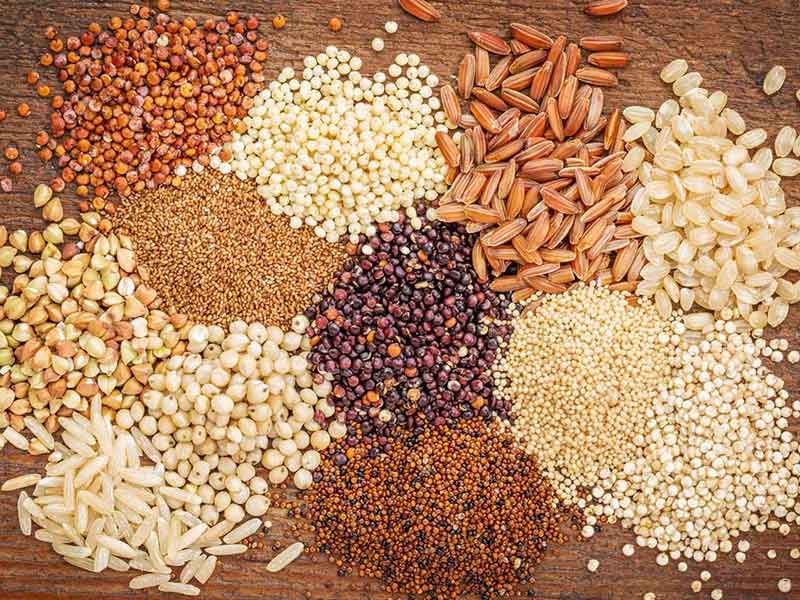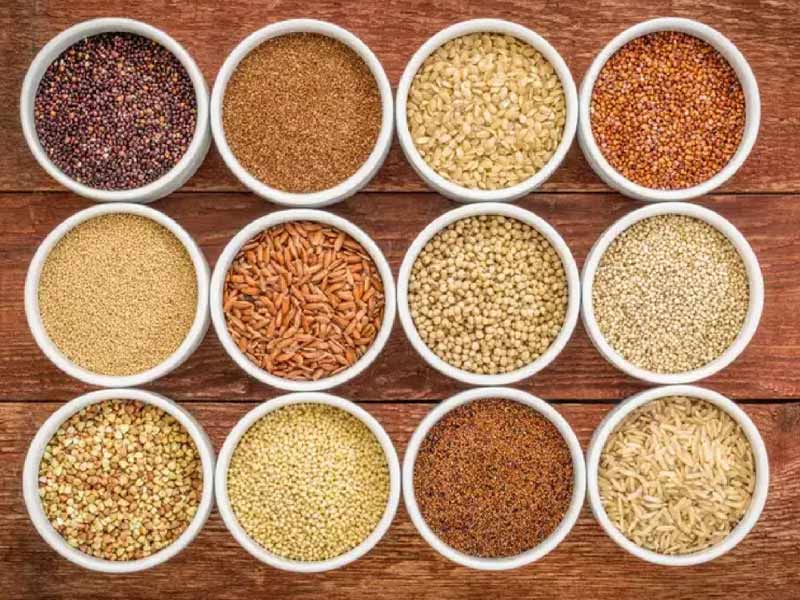Millets are basically a cereal grain that belongs to the grass family. The scientific name for this family is the Poaceae family. In Hindi, Millet is called Bajra, and it has been an integral ingredient in Indian Kitchens for ages. Especially in North India, millet is used frequently. This is the era when the focus has shifted on nutrition over taste, and that’s why we need to go back to the roots to find some highly nutritional food that we need to reintroduce in our dietary plans.
Millet is one such ingredient. While rice and wheat have become the staple diet for most people in the country, cereals like millet are rarely used. The reason could be the availability of cost or both.

Health and nutrition experts have hailed Millet as a superfood, and it’s high time we start using the cereal grain in our food more frequently. Millets are full of vitamins, protein, fiber, minerals, and other essential nutrients that support the proper functioning of the body and promote growth.
Apart from this, Millets are known to restore hormonal and microbial balance. They also help restore the levels of glucose in the body, helping you lead a healthy life.
Another common reason behind people not being a fan of Millet is its bland taste. Millets can be found in any general store or cereal grains shop. But millet is now available in the market in different forms. You can find Millet bread, Millet dosa, and even mouth-watering desserts made up of millets. The general perception has been that having a healthy diet daily is not the cup of tea of a common man. It’s high time we change this perception, and we certainly need to include millet in our diet to do that.
Also Read, Licorice the Wonder Snack with many benefits
Now, Millets are available in the market in different forms. Some common types of millets include

Finger Millet: Also known as Ragi, Finger Millet is used as a healthier alternative to rice. The cereal has rich amounts of protein and amino acids. Gluten-free cereal is one of the healthiest things to include in your daily diet.
Foxtail Millet: Foxtail Millet is packed with rich amounts of protein, carbohydrates, iron, and calcium. It helps in regulating blood sugar levels and controlling cholesterol levels. Foxtail Millet also helps you get stronger bones.
Little Millet: Little Millet is known as Kutki in Hindi. It is a great cereal for fitness enthusiasts and athletes. Packed with sufficient amounts of fiber and important minerals such as potassium, zinc, iron, calcium, and vitamin B3, Little Millet boosts energy levels, promotes tissue repair, and reduces cholesterol.
Pearl Millet: Pearl Millet is also known as Bajra, and it is one of the most common cereals in Indian kitchens. Bajra has rich amounts of calcium, magnesium, and iron. It is a great alternative to regular cereals as it promotes good health.
There are several other types of Millets, namely barnyard, Guinea, browntop, fonio, etc.

Nutritional Value
A cup of cooked Millet generally has
- Carbs: 41 grams
- Protein: 6 grams
- Calories: 207
- Fiber: 2.2 grams
- Fat: 1.7 grams
- Phosphorus: 25% of DV
- Magnesium: 19% of DV
- Folate: 8% of DV
- Iron: 6% of DV
Also Read, The Miraculous Benefits from the King of Fruits
Top Health Benefits of Millets

Better Digestion: Millet helps significantly in promoting better digestion. Millets have rich fiber content, and it plays an important role in boosting the digestive system. Regular consumption of millets helps in fighting constipation, flatulence, bloating, cramping, etc. It also improves the functioning of the liver, kidney, and other vital organs.
Prevention Against Cancer: One of the biggest advantages of consuming millets is that it fights cancer cells. Foxtail Millet, in particular, can counter the development of cancer cells. Millets have Phytochemicals that lower the production of cancer cells in the colon, breast, and liver.
Improves Heart Health: As stated above, millet consumption is also good for your heart. Millets have rich amounts of antioxidants like flavonoids, anthocyanidins, and lignans that help lower cholesterol levels and boost blood circulation to cut the risk of clotting, stroke, etc.
Weight Loss: For obese and overweight people, Millet is a boon. Replacing regular flour with millet flour will not only help you lose a few extra kilos, but it will also help you in fighting unhealthy weight gain and obesity.

























